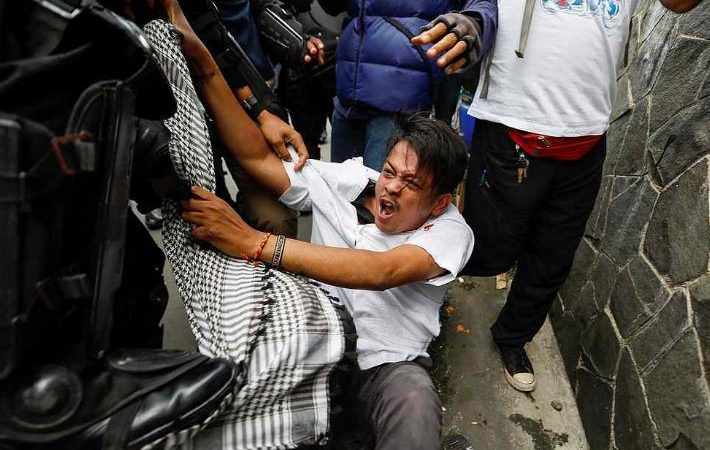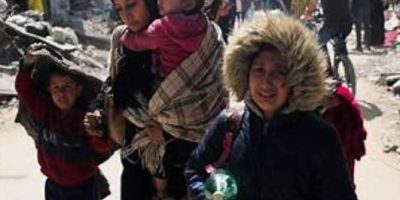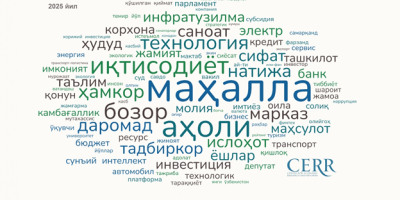Indonesia bans hardline Islamic Defender’s Front group

JAKARTA, Dec 30 — Indonesia has banned the controversial but politically influential hardline group the Islamic Defender’s Front, the country’s chief security minister announced today.
Minister Mahfud MD said the group, widely known by its acronym FPI, was prohibited effective immediately.
“The government has banned FPI activities and will stop any activities carried out by FPI,” Mahfud said. “The FPI no longer has legal standing as an organisation.”
The move follows the November return of the group’s spiritual figurehead Rizieq Shihab, from three years of self-exile in Saudi Arabia, which was celebrated with events attended by thousands.
Rizieq’s return to the world’s largest Muslim-majority nation had fueled concern within government that he could be angling to harness opposition forces.
The 55-year-old cleric was arrested earlier this month charged with violating health protocols and remains in custody, while a fatal highway clash between police and supporters — which saw six of his bodyguards shot dead — is being investigated by the country’s human rights body.
Mahfud said the FPI had officially been disbanded since June last year, but had continued to unlawfully conduct activities.
Six senior government officials, including the attorney general, police chief and counter terrorism agency head were involved in the decision to ban the group, he said.
Deputy justice minister, Edward Omar Sharif Hiariej, said the FPI was outlawed because nearly 30 of its leaders, members and former members had been convicted on terrorism charges, and because the group conflicted with the nation’s state ideology, Pancasila, which emphasises unity and diversity.
Formed soon after the 1998 fall of former strongman Suharto, the FPI were notorious for raiding bars and brothels and intimidating religious minorities, and known also for offering assistance during natural disasters.
Its political sway has risen in recent years, however, particularly after its role in mass protests in 2016 against Jakarta’s former Christian governor who was jailed for insulting Islam.
The government saw the demonstrations as one of the biggest threats to President Joko Widodo’s rule.
Related News

Muslim nations demand immediate Gaza aid, cite harsh winter conditions
ISLAMABAD, JAN 2 /DNA/ – The Foreign Ministers of the Islamic Republic of Pakistan, theRead More

Linguistic Analysis of the President of the Republic of Uzbekistan’s 2026 State of the Nation Address
Ilyos Rabbimov, CERR CERR Public Relations Service The analysis covers the key thematic and semanticRead More


Comments are Closed